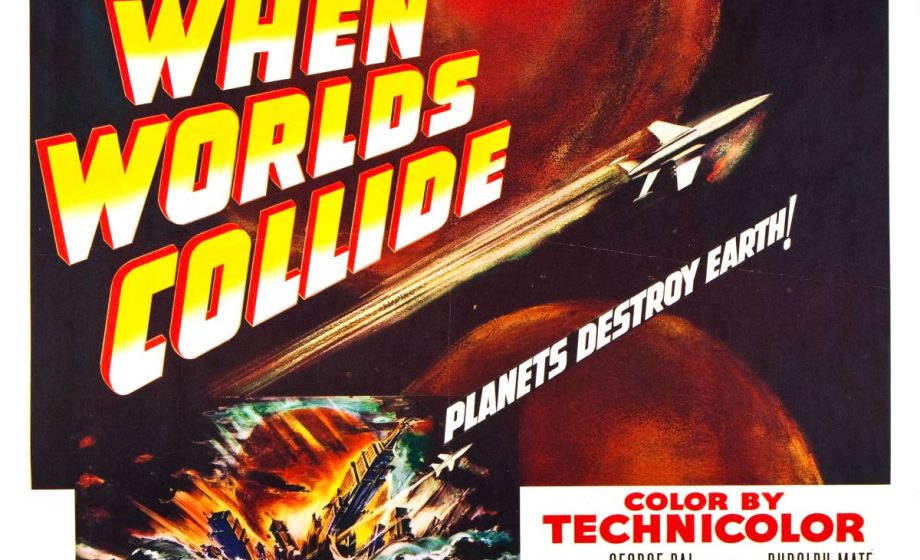
Disruption is inevitable, Uberization is a fact of life. In the last 10 years, the Internet has slowly creeped into our physical world. At first, it was just Warby Parker opening up a retail store (now a chain of retail stores), or real-world Like Buttons; however, the Internet is being infused into everything. The magical recipe today is Hardware + Software + Internet = Unicorn. Nest, Smartthings, SIGFOX, Scality – even Alcatel-Lucent – have all taken this concept to heart, pursuing the idea that the number of ways we interact with the Internet will no longer be counted in devices – laptops, smartphones & tablets – but in objects: thermostats, alarm clocks, bodyscales. We don’t think of these things as computers, but as ‘connected objects,’ or just objects.
The Internet initially tackled & disrupted markets with the least physical barrier to entry: Content, Data & Communication. These things have been happening for millenia – on walls, on paper, on film, on screens – but ultimately had no real defensibility, as they were all just information.
Now that information is 100% digital, Internet has been seeping into places where information is created – health, home, and printing – and places where information can create insight – manufacturing, cars, and cities. Today, the formula goes as follows:
Industrial Sector + Internet = Connected Sector
In the medical device industry, it goes from 3D Printed dental forms to connected medical devices providing real-time updates to/about patients.
In the Automotive industry, car manufacturers aren’t just putting a tablet in your car – they are reinventing diagnostics and customer service in order to meet consumers’ increasing need for connectivity.
If you wonder why citizens aren’t engaging with Politics, it’s because politics are one of the least connected facets of our lives. Why can’t I vote on my smartphone? Why don’t I get real-time updates about how my elected representatives vote on bills that I am passionate about? Perhaps, it’s because politicians don’t want that information to be public, but it’s also because Internet-enabled hardware hasn’t made its way into Parliament floors.
In the coming years, we will no longer call things “Smart” “Connected” or “Internet-enabled” – they will just be things, because consumers will expect that these things be connected, smart & internet-enabled. And, as the world realizes that the Internet provides an amazing infrastructure for distributing innovation, companies will increasingly look for ways to bring their systems online – not just databases & computer screens, but factories, lamps, windows, cars, roads, planes, buildings, and everything we interact with – providing feedback to the companies building said objects, creating new business models for commoditized goods, and bringing real-time, always-on access to previously remote, unavailable systems (think: mountains & railway tracks).
Who will win?
The most amazing question that we are confronted with is: at what point, and in which sectors, will it be more important to have sector experience than it is to have Internet experience? For a thermostat, we’ve seen that knowing how it works is clearly less important than creating an amazing, connected experience. When someone builds a car, however, we prefer to have a car from a brand we trust (since we put our lives on the line every time we drive those combustion-powered death traps) than to crowd-fund someone’s super-connected car.
This will be the defining question that nearly every physical product, every ‘Industrial’ sector will be forced to face in the next 15 years: How important is what you know vs. what consumers expect from you?
Will Google manage to infiltrate the home? Well, that depends on how important it is for consumers that the products they engage with come from brands that understand the problems of the ‘home’ (also, it depends on whether Google finally figures out how to sell products that aren’t ad-driven).
Will Tesla manage to compete with traditional grid-based Electricity providers? In this case, it would seem that Tesla, as with everything Elon Musk does, has mastered both the domain expertise as well as the steps necessary to infiltrate both the automotive & energy markets, but only time will tell what consumers expect from them.
This is the second coming of the Internet – from Content to Construct – and, like any good sequel, anyone who was safe in the first go around is most likely the first to die. So, if you’ve got skin in the game, I suggest you stay in groups and adapt quickly. If you are, like me, watching from the sidelines – well, grab some popcorn, because we’ve got one hell of an economic show in front of us, which is happening simultaneously at nearly the same rate all across the planet.
This week we’ll be hosting the second edition of the Connected Conference, a 3-day event dedicated to the intersection of Internet & Industry, Hardware & Software, Physical & Digital.

